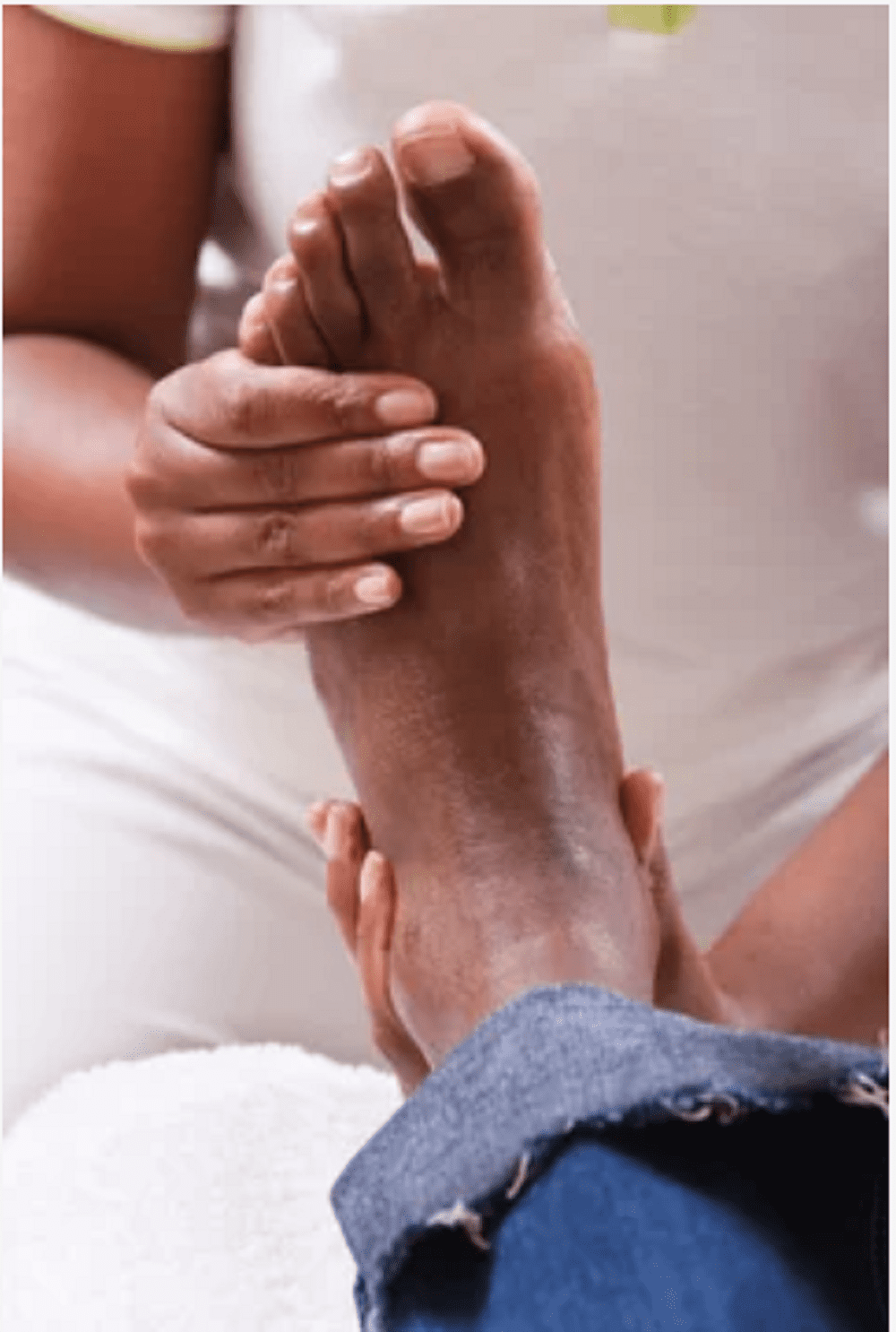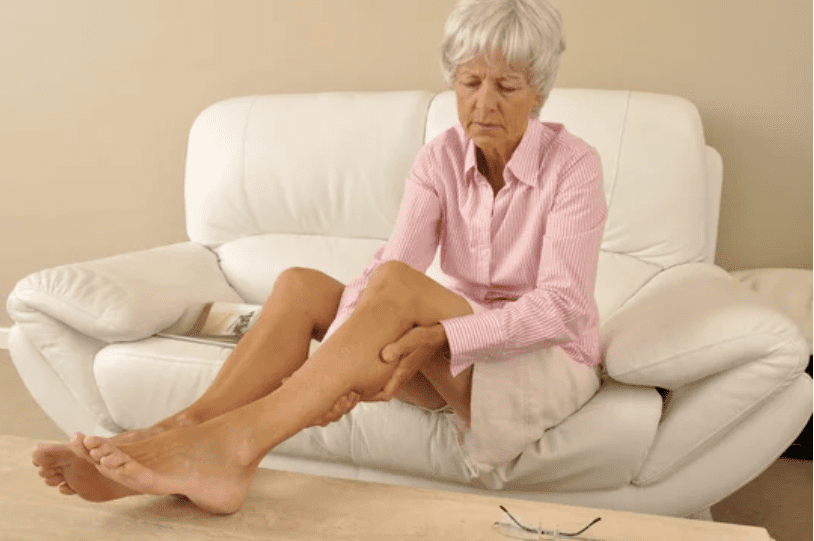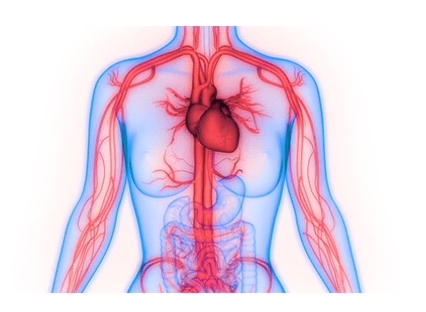
Heart Attack signs and how 4 of them are SILENT.

If you've ever seen a movie in which an actor had a heart attack, you've undoubtedly seen them grip their chest, eyes rolling back, and wailing in agony before collapsing onto the floor.
A Hollywood heart attack, on the other hand, might differ from a genuine one. A heart attack's pain may be far less severe, or it may not even be unpleasant at all. You already know that if you're experiencing a heart attack, you should dial 9-1-1 straight away. It might be perplexing if you don't have the obvious indication of abrupt chest discomfort that everyone is taught to recognize.
A quiet heart attack is what it's termed. It implies that you aren't even aware that you are experiencing one. But it's still hazardous — and perhaps fatal.
A quiet heart attack might be just as dangerous as any other. To operate properly, your heart need oxygen-rich blood. If plaque (a material made up of fat, cholesterol, and other chemicals) forms in the arteries that transport blood to the heart, blood flow can be reduced or stopped entirely.
The longer your heart is without blood, the more damage it suffers.
Because silent heart attacks are often undetected, they can cause substantial harm. They can also be fatal if not treated.
The good news is that understanding these four silent indicators of a heart attack can help you prepare.
- Pain, pressure, fullness, or discomfort in the chest
A heart attack's pain can be quick and strong, making it simple to detect and seek medical care. But what happens when it isn't?
Most heart attacks cause just little discomfort or pain in the middle of your chest. Pressure, squeezing, or fullness may also be felt. These symptoms generally appear gradually and then go away.
This is compounded by the possibility that these symptoms are caused by something less serious, such as heartburn. However, you are the greatest judge of your own body. If you suspect something is wrong, you should consult a doctor or go to the nearest emergency department.
- Pain in other parts of your body
A heart attack affects more than just your heart; the consequences can be felt throughout your whole body. However, this might make detecting a heart attack difficult.
You may feel pain or discomfort in the following areas:
- Armed (one or both of them)
- Back
- Neck
- Jaw
- Stomach
These signs and symptoms might differ from one individual to the next. Some people describe the back discomfort they experience after a heart attack as feeling like a rope being tied around their waist. You could also notice a lot of strain on your back. In any case, don't overlook any of these less visible indications of a heart attack if you believe you're having one.
- Breathing problems and dizziness
If you feel as if you've raced a marathon but have simply gone up the stairs, it might be an indication that your heart isn't pumping blood to the rest of your body. Shortness of breath can occur with or without chest discomfort, and it's a typical symptom of a heart attack that goes unnoticed.
Make sure you get checked out if you're experiencing problems with chores that weren't previously tough, such as making the bed or walking the dog. It might be a subtle indicator of a heart attack.
- Nausea and cold chills are common side effects.
It's possible that waking up in a cold sweat, feeling queasy, and vomiting are flu symptoms, but they might also be indicators of a silent heart attack.
You may know how the flu feels because you've had it before, but listen to your intuition if these flu-like symptoms are a sign of something more serious. Don't dismiss these symptoms as the illness, stress, or simply being under the weather; they might indicate something far more serious.
Being conscious of the quiet indications of a heart attack is critical, but ignoring them is futile. If you encounter any or all of the symptoms, contact 9-1-1, even if you're not sure you're experiencing a heart attack. While these symptoms don't necessarily indicate that you're suffering a heart attack, it's best to be safe than sorry. The sooner you receive emergency care, the better your odds of surviving a heart attack.
We are just a call or click away. To learn more, book an appointment online or over the phone with PeachState Advanced Cardiac & Endovascular. We have several locations in Georgia: Newnan, Atlanta, & Griffin.
You Might Also Enjoy...


Feeling Faint

Should I be worried about my numb feet?

Can leg cramps be a sign of something serious?

Meet Dr. Odiete - PACE Cardiovascular Specilaist


